理解全球化:基于“经济−社会−政治”体系共生演化视角的分析
Understanding Globalization: An Analysis from the Perspective of the Co-evolution of Economic-Social-Political System
-
摘要: 20世纪80年代以来,一波超级全球化席卷全球。当今世界进入了百年未有之大变局,全球化陷入困境。应当如何理解当前的全球化困境?百年未有之大变局究竟变在何处?为此,可以从经济学、政治学、社会学与国际关系的综合视角,构建“经济−社会−政治”为一体的、动态演化的框架,以理解当今世界全球化的深层次矛盾。近一波全球化过程中全球经济力量与收入分配格局发生了变化,出现了发达经济体的经济停滞和新兴经济体的赶超,也导致了社会各阶层和不同社会群体的收入和财富差距发生巨变。全球化中全球经济基础的变化,即全球化中的全球经济力量格局变迁与收入分配恶化将对各国的经济和社会基础产生重大影响,进而影响上层建筑:国家的主导思想和意识形态。一个国家在国际关系和经济政策领域主导思想的演变,势必影响其对外战略和政策选择,进而影响本国的经济走向乃至全球化的历史进程。
-
关键词:
- 全球化 /
- “经济−社会−政治”体系 /
- 国际政治经济
Abstract: Super globalization has swept the world since the 1980s. The world today is marked by changes unseen in a century, and globalization has fallen into a quagmire. How should we understand the current special plight of globalization? What is the characterization of changes unseen in a century? Based on the comprehensive perspectives of economics, political science, sociology and international relations, we construct a dynamic evolutionary framework integrating “economy-society-politics” to understand the deep-rooted contradictions of globalization in today’s world. We first review the evolution of global economic power and income distribution patterns during the recent wave of globalization, and presents a panoramic view of the beneficiaries and losers of globalization. In turn, we point out the evolution of the global economic foundation, that is, the changes in the global economic power structure and the deterioration of income distribution within globalization will transform the economic and social foundations, and then affect the superstructure: the country’s dominant thinking and ideology. The evolution of a country’s dominant thinking in the field of international relations and economic policies will inevitably affect its foreign strategy and policy formulation, which finally affects its own economic trend and even the historical process of globalization. At this point, we have completed a closed-loop analysis of “economy-society-politics” in which globalization affects the social and economic foundations, and then affects political ideology and policy formulation. -
表 1 全球化各阶段主导性的国际关系与经济学思想
全球化阶段 国际关系 经济学 1815—1870 发展 现实主义(帝国主义)
马克思主义(列宁主义)重商主义 1871—1913 繁荣 (英)古典主义
(德)国家主义1914—1945 战争与危机 表面:自由主义(理想主义)
实质:现实主义(帝国主义)保护主义 1946—1970 平稳发展 新现实主义(冷战与遏制)
新马克思主义(依附理论)凯恩斯主义 1971—2008 快速发展 新自由主义 新古典主义
新凯恩斯主义2009年以来 危机与调整 反思与争论 反思与争论 来源:作者整理。 -


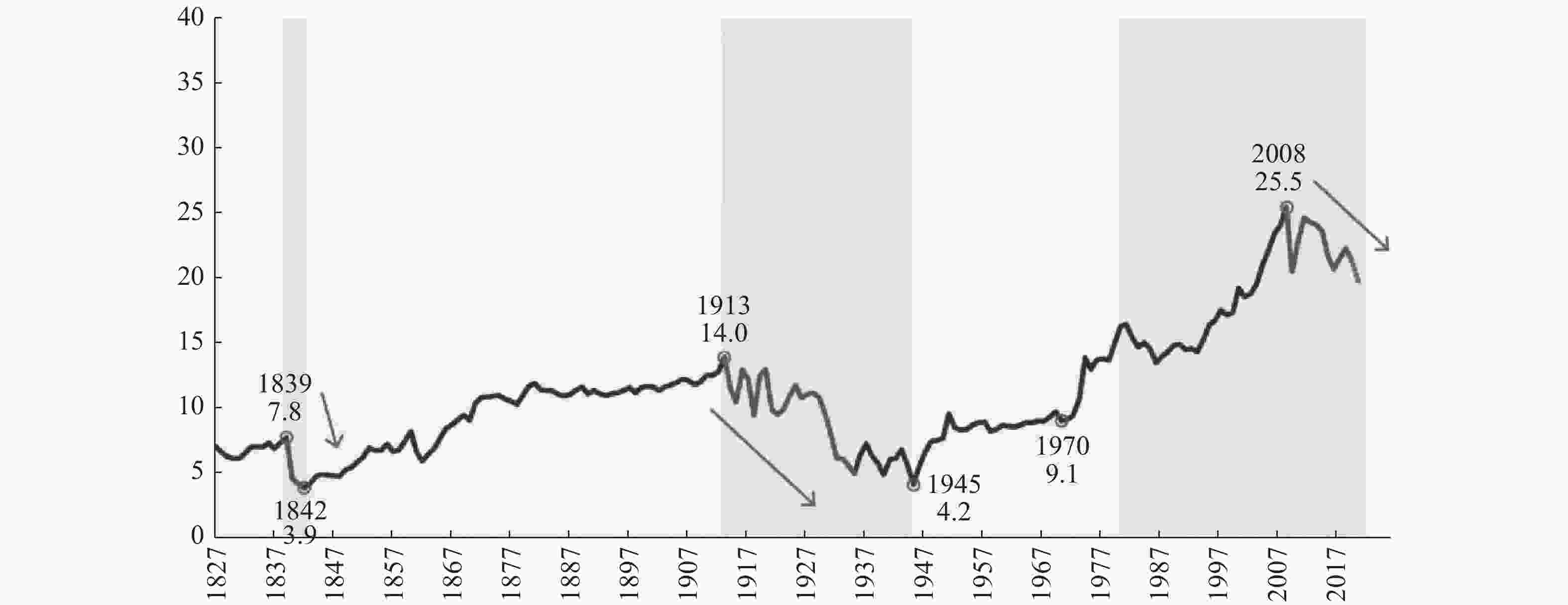
 下载:
下载:


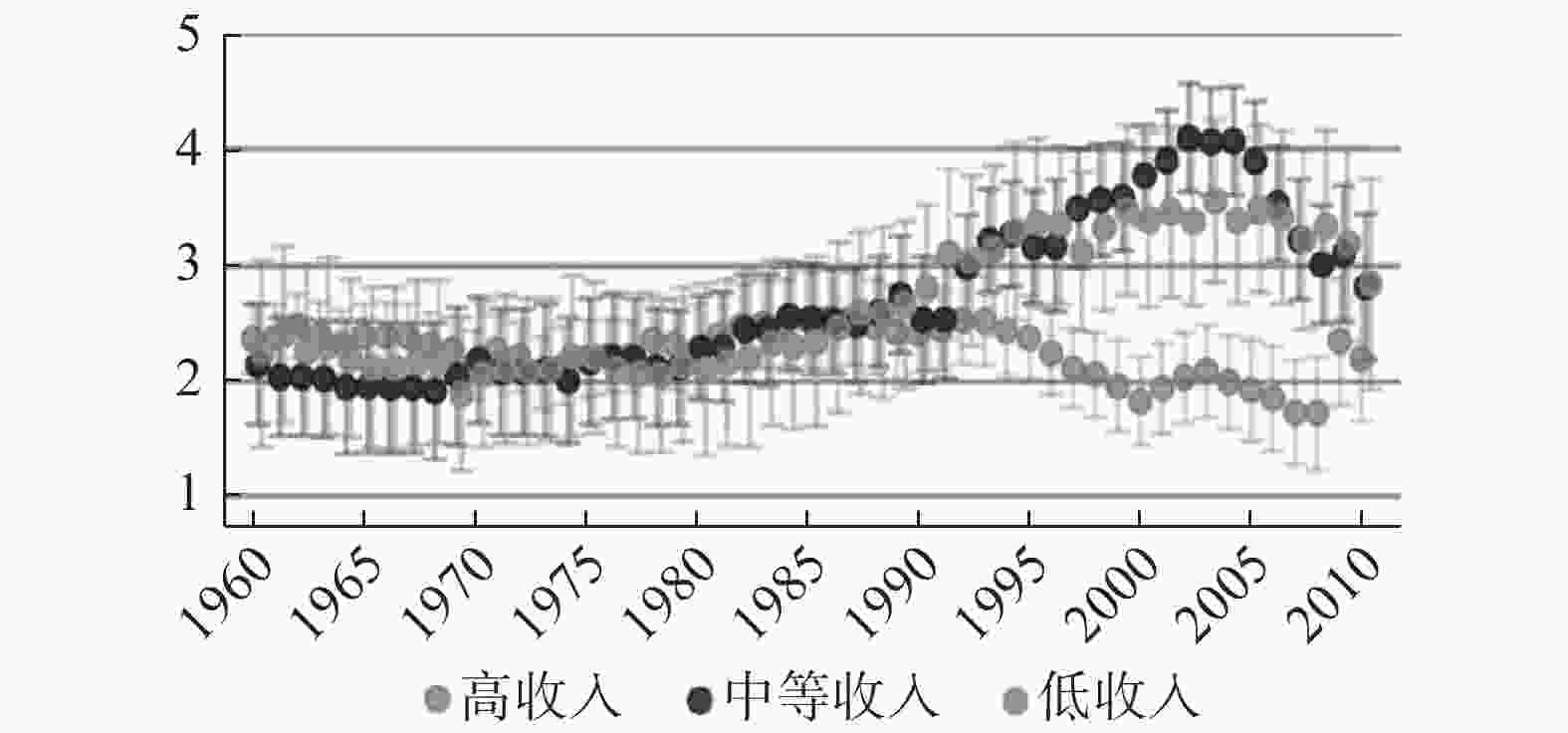
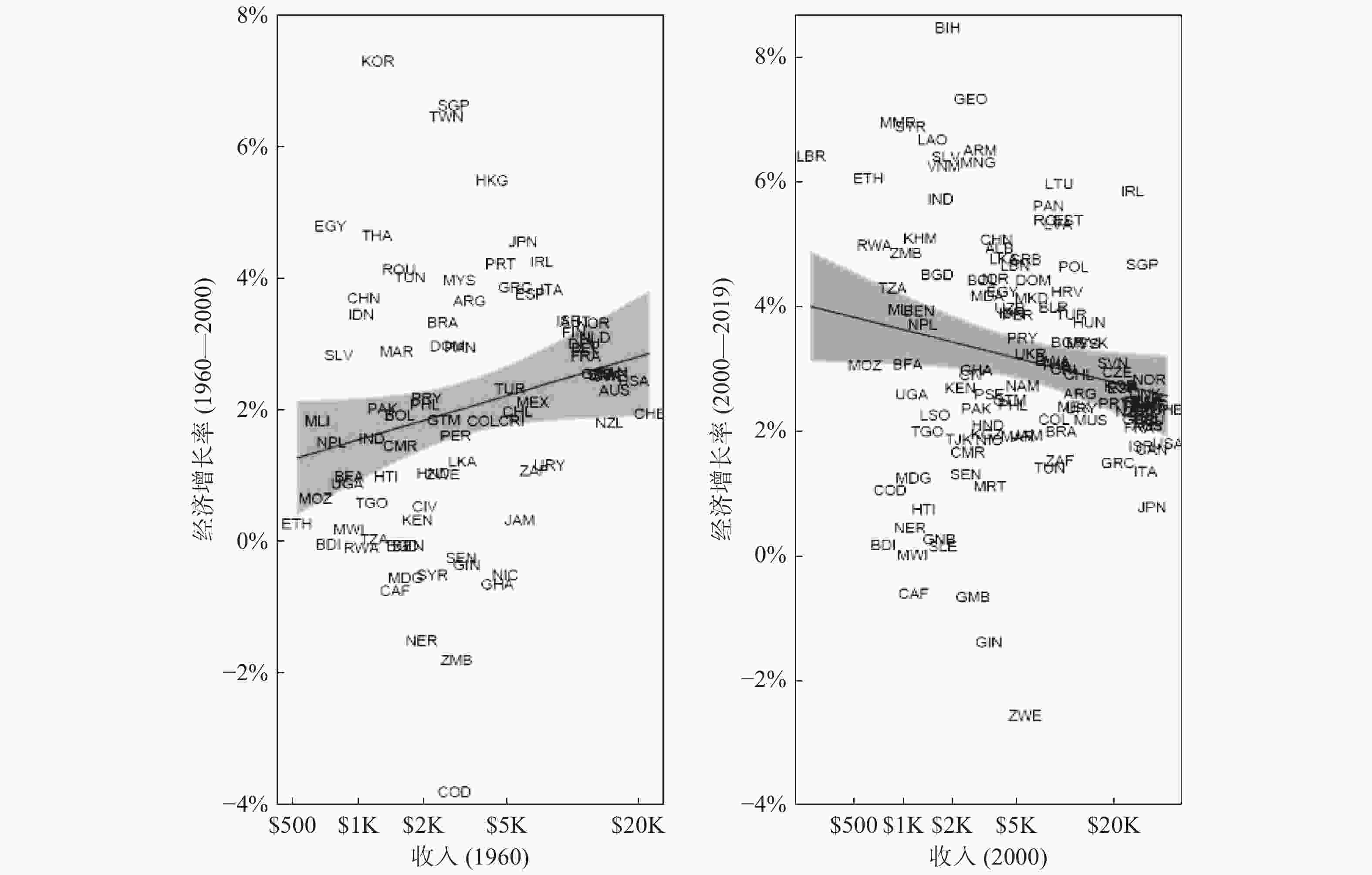


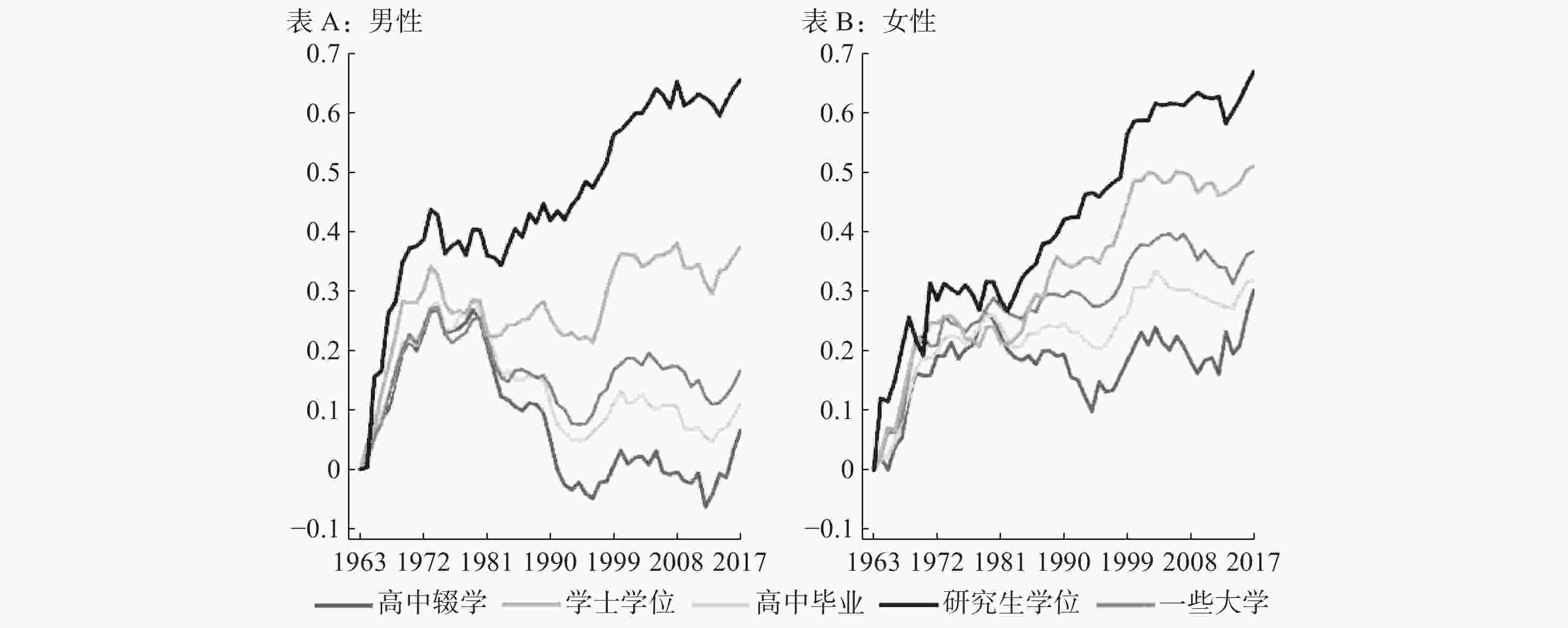

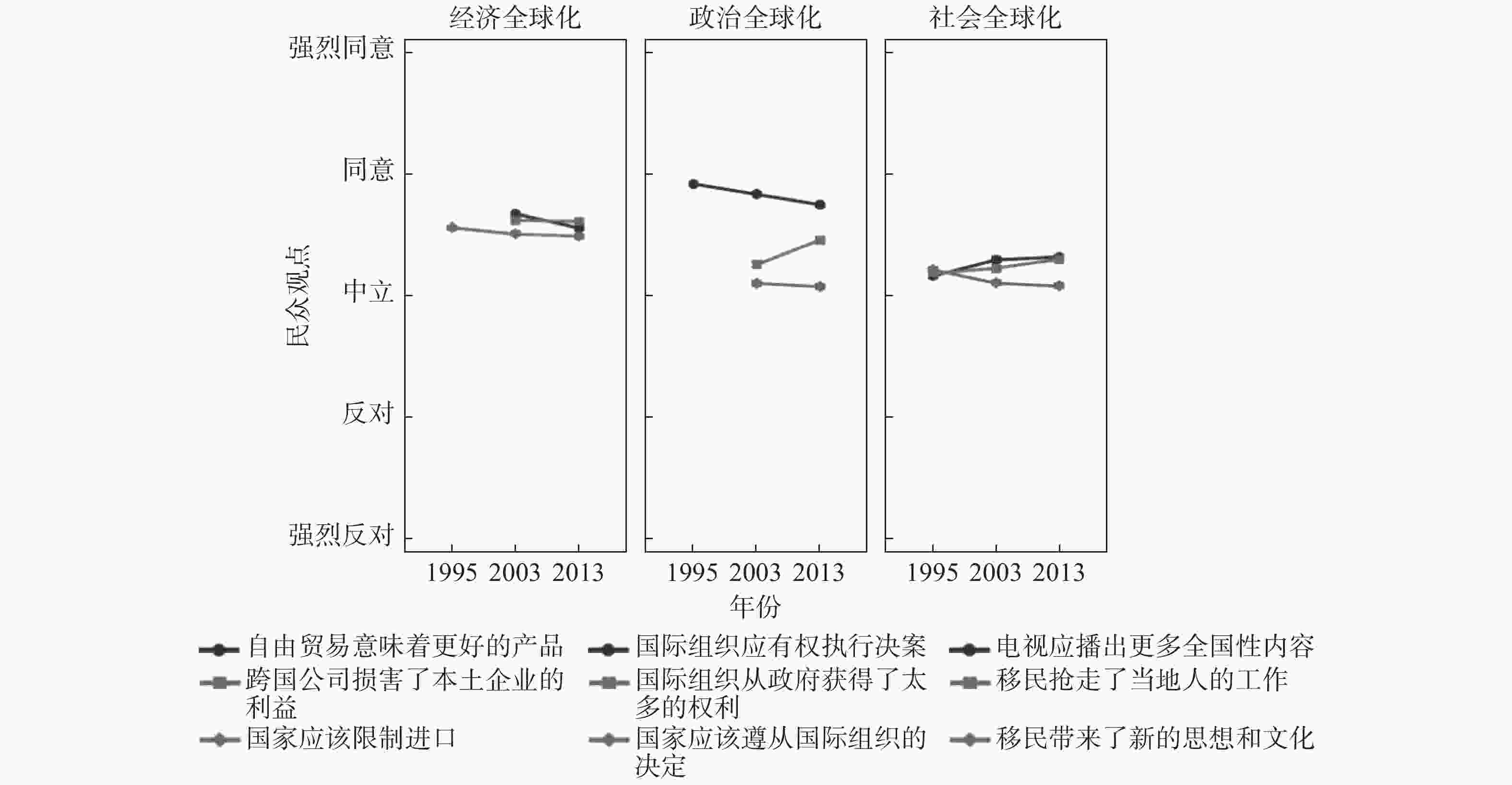
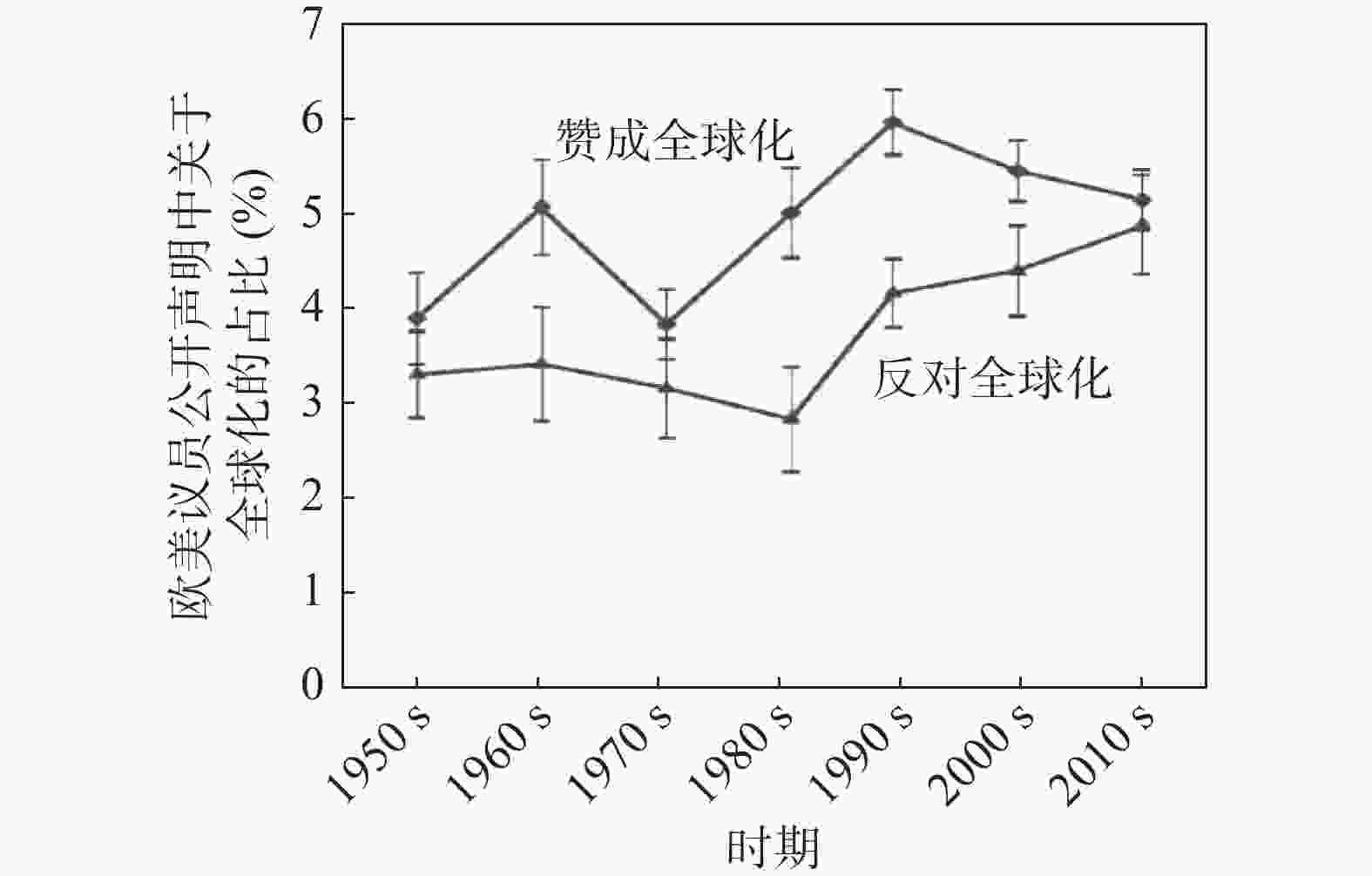
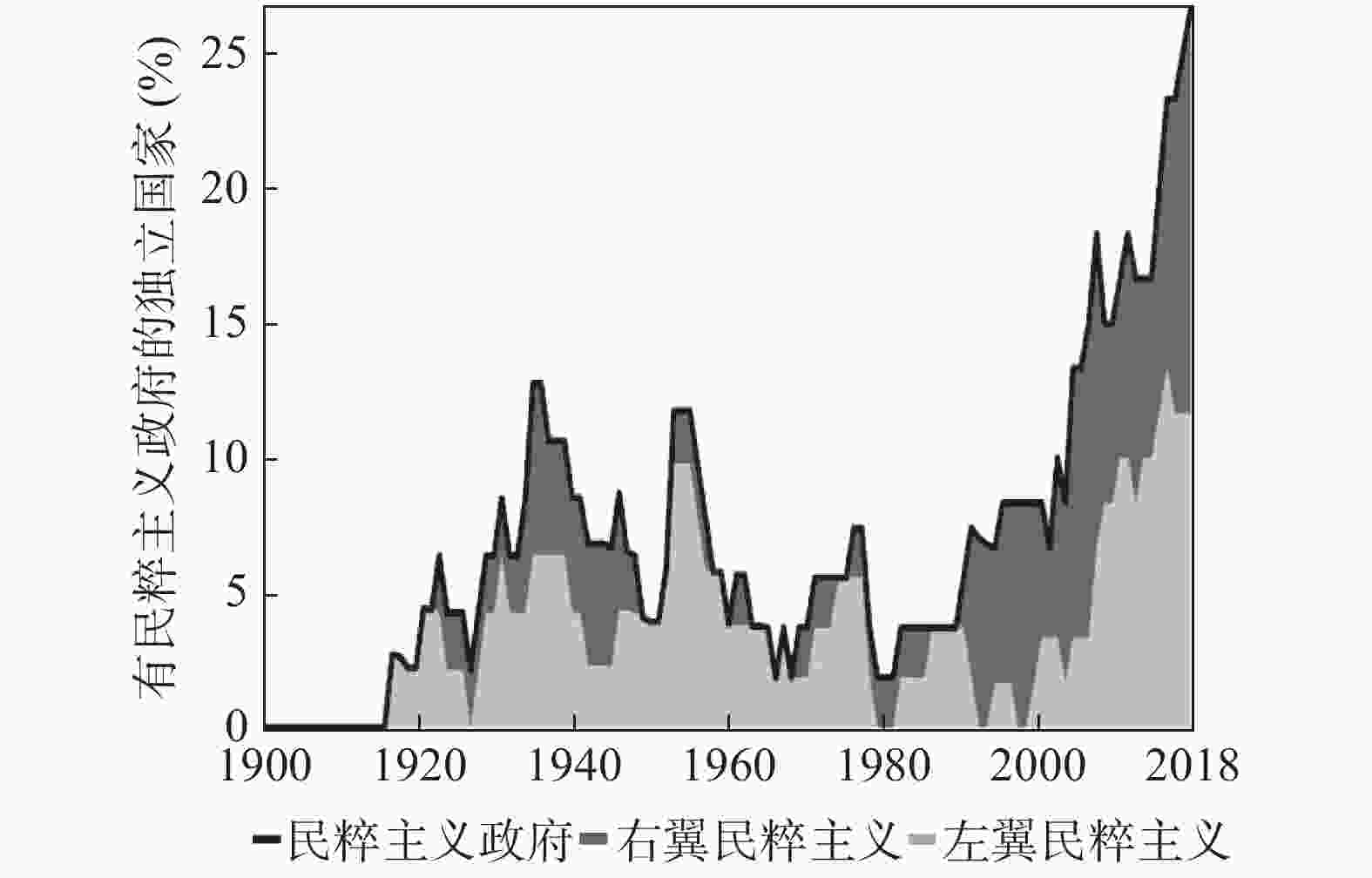
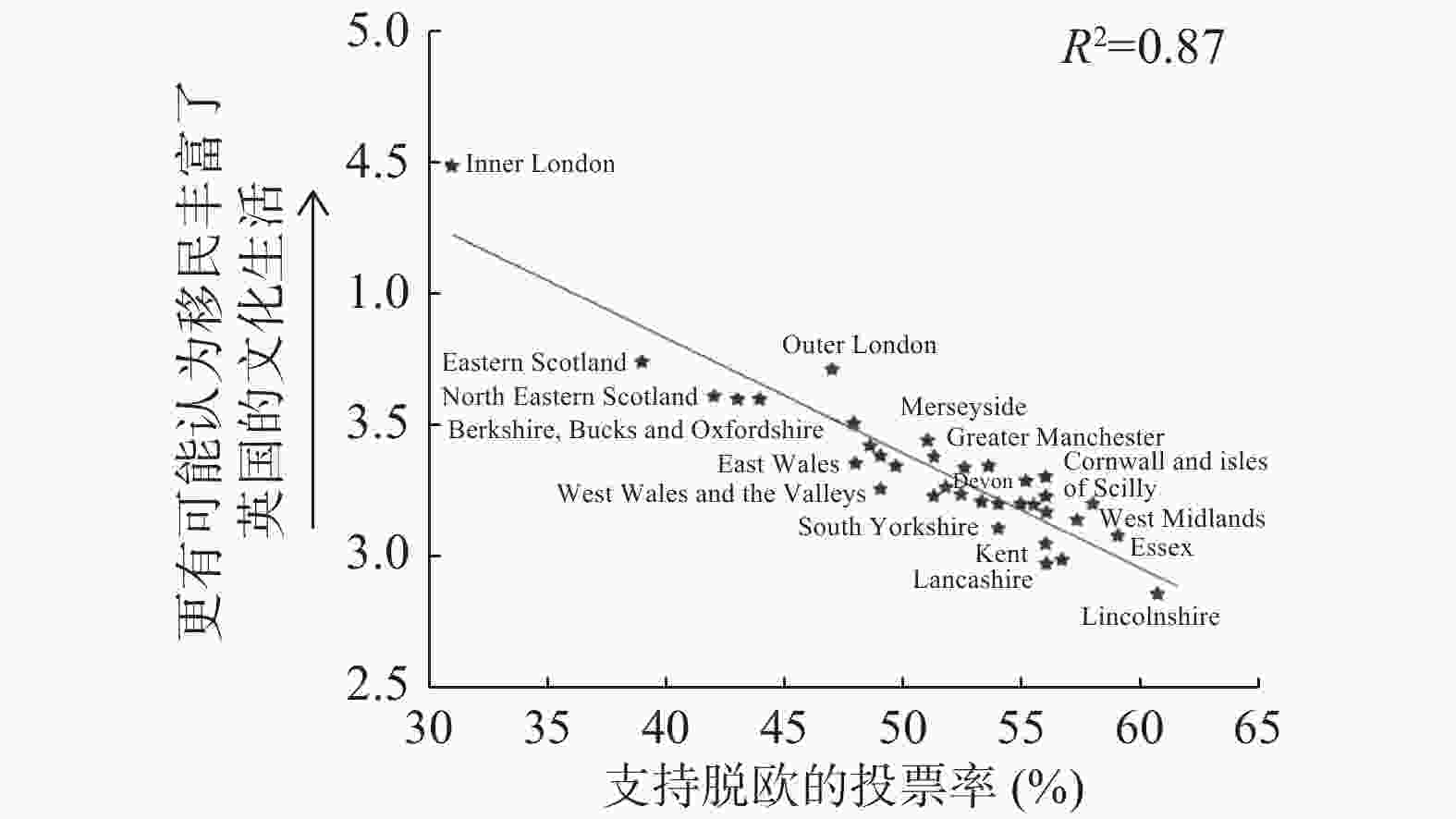
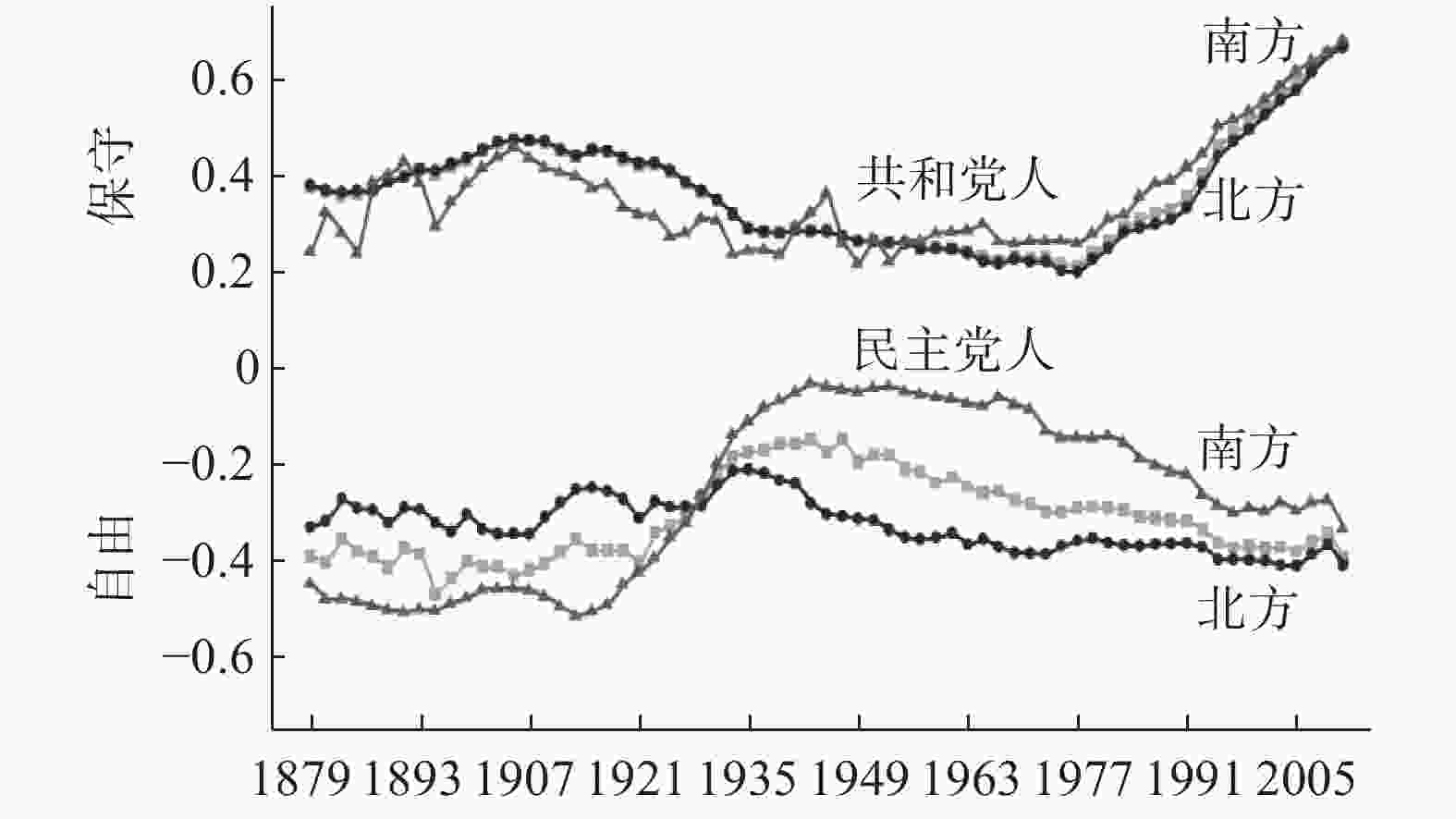
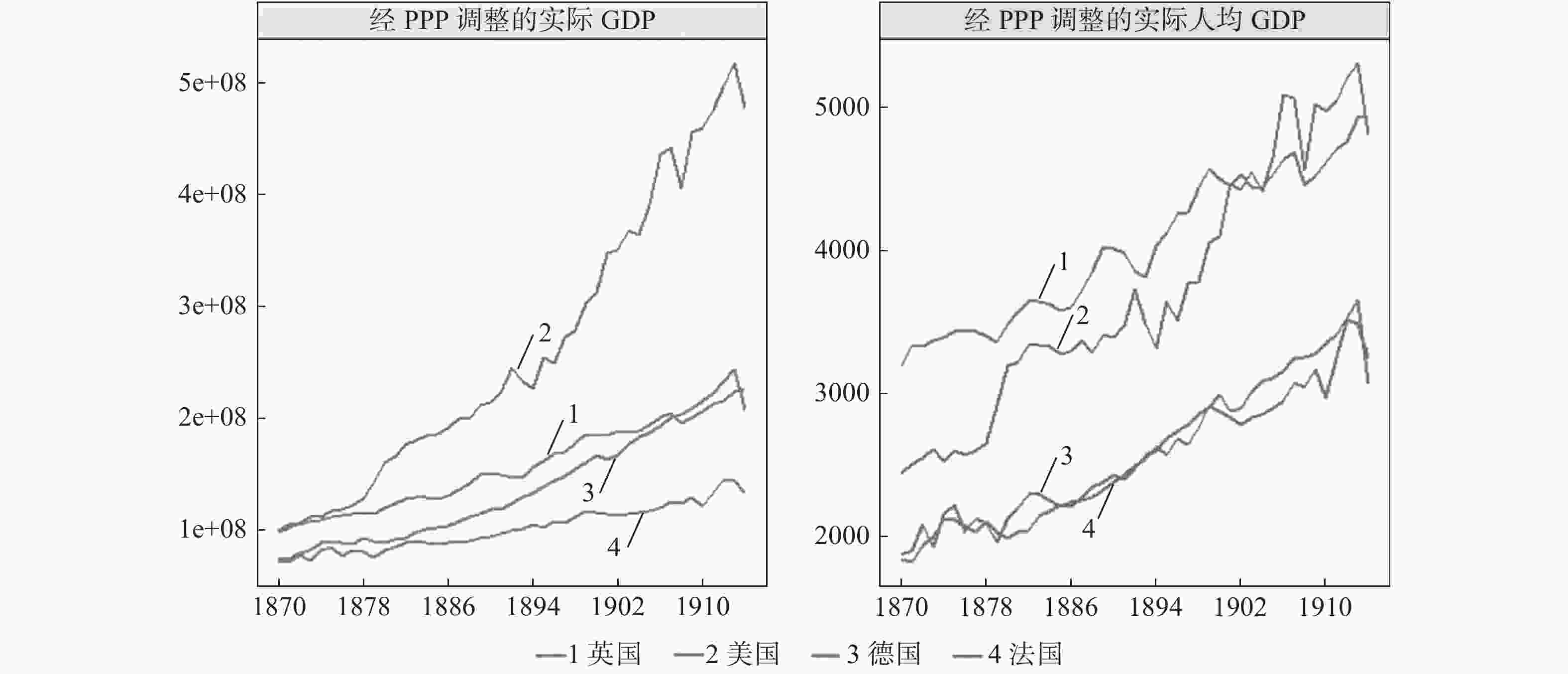


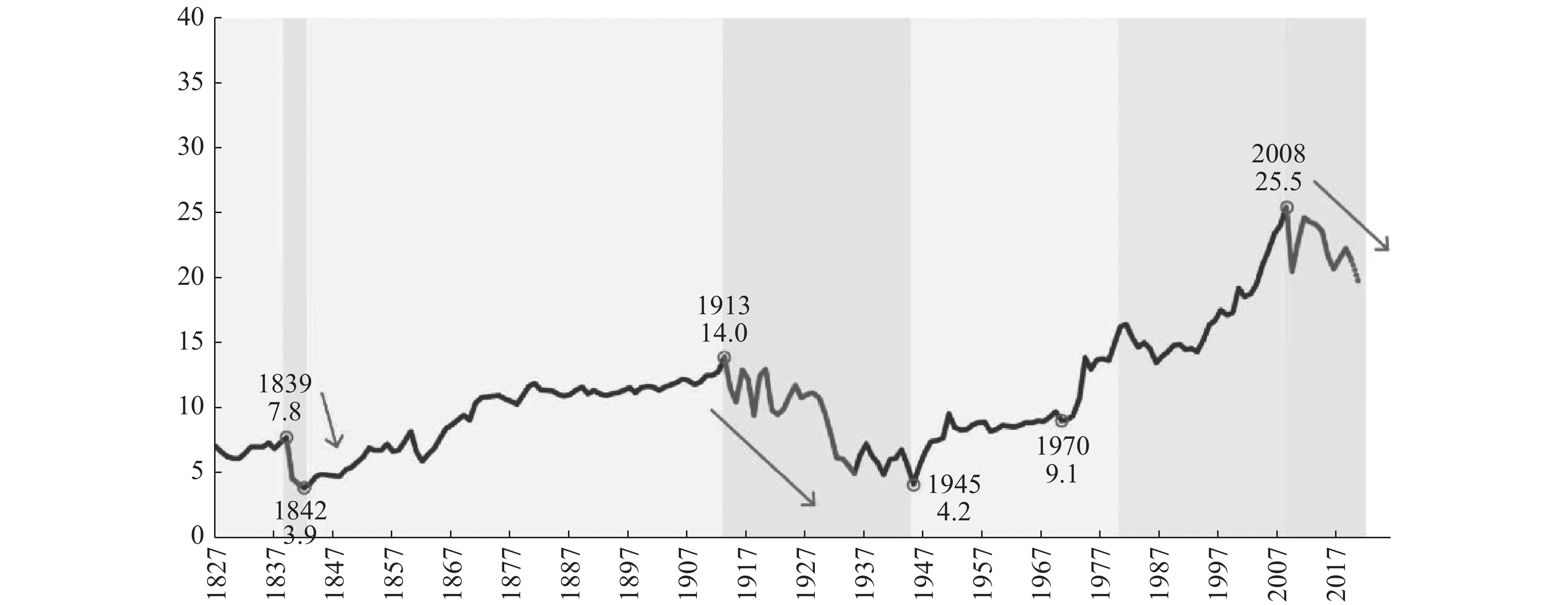
 沪公网安备 31010102003103号
沪公网安备 31010102003103号